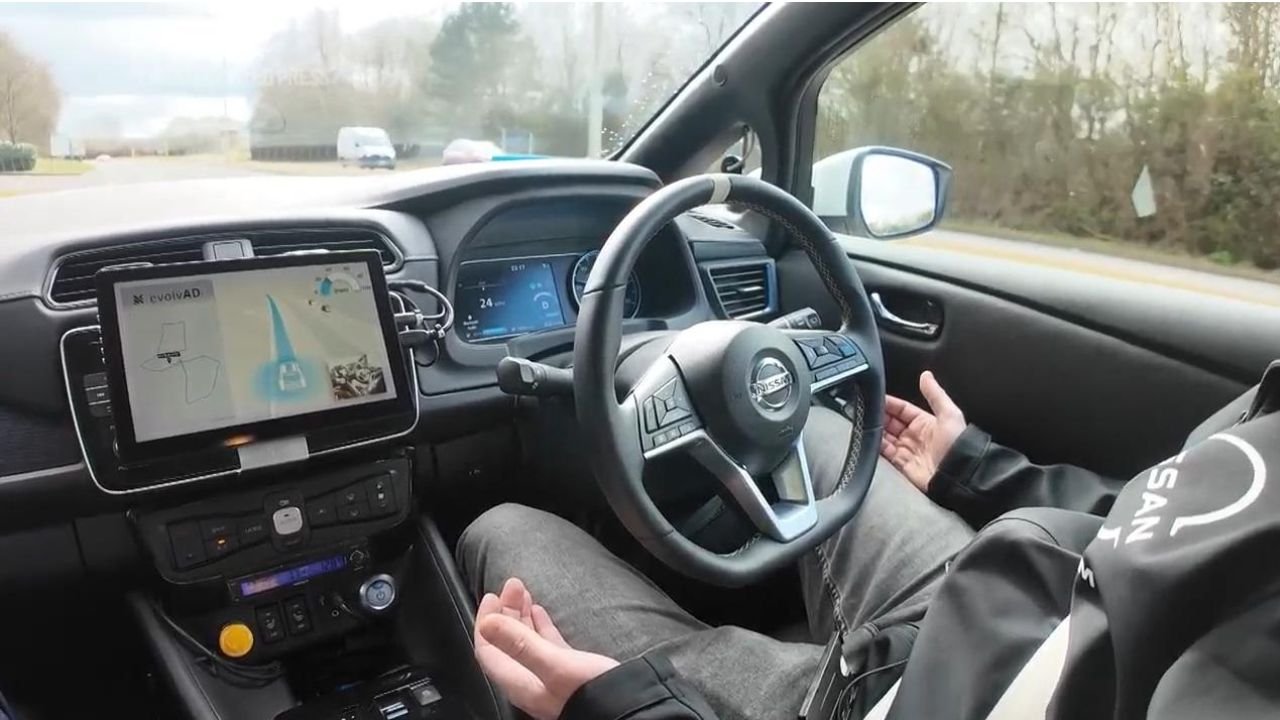The United Kingdom is preparing to introduce a new permitting scheme aimed at supporting the safe introduction of self-driving passenger services such as autonomous taxis and buses. This initiative marks a significant milestone for the country’s transport sector, with advanced trials expected to begin in spring 2026 and a full rollout targeted for 2027.
Building a Legal Framework for Self-Driving Transport
The Automated Passenger Services (APS) permitting scheme is being developed under the Automated Vehicles Act 2024. Its purpose is to create a clear legal framework that enables commercial deployment of driverless passenger services. By establishing defined rules, the scheme will give operators regulatory certainty and allow them to test and expand services in line with government standards.
Why the Consultation Matters
The government has launched a consultation on the proposed scheme, giving stakeholders a chance to shape future regulations. Responses must be submitted by 29 September 2025. Businesses and operators who could be affected by these rules are strongly encouraged to participate, as their feedback will influence how APS services are introduced and managed across the UK.
How the Scheme Works

The APS permit will apply to passenger services that operate without a human driver. This means that once an operator secures a permit, traditional licensing rules for taxis, private hire vehicles, or public buses will not apply. In the short term, the scheme will allow trials of automated vehicles without a safety driver onboard, giving authorities valuable insights ahead of nationwide implementation in 2027.
Applying for a Permit
The Secretary of State for Transport will oversee the granting of APS permits, but in many cases, local licensing authorities must first provide consent. Taxi-style services will require approval from local councils or Transport for London, while bus-style services will generally be assessed directly by the Secretary of State, with additional input from franchising authorities in certain areas.
Applicants will need to provide detailed information such as their planned routes, operating hours, passenger safety measures, data management processes, and accessibility plans. Engagement with emergency services and traffic authorities will also be necessary to demonstrate preparedness for incidents.
Accessibility and Passenger Protection
One of the core focuses of the APS scheme is accessibility. Operators must show how their services will support older passengers and people with disabilities. They may also be required to report outcomes to help improve services over time. Safeguarding passengers, particularly vulnerable individuals, will be another key requirement. Operators must present clear policies for passenger safety, handling complaints, and addressing service disruptions.
Managing and Renewing Permits
APS permits will generally be valid for up to five years, though shorter terms may apply during the trial phase. The Secretary of State will retain powers to vary, suspend, or withdraw permits if operators breach conditions or fail to maintain safety standards. Operators will also be required to share data with authorities, covering areas such as routes, timetables, fares, safety incidents, and accessibility performance.
Shaping the Future of UK Transport
The APS permitting scheme represents a bold step toward the integration of self-driving transport in everyday life. It is expected to create thousands of jobs and contribute significantly to the UK economy by 2035. With consultations open until late September 2025, now is the time for businesses, local authorities, and industry leaders to contribute their views and help design a regulatory system that balances innovation with safety.

